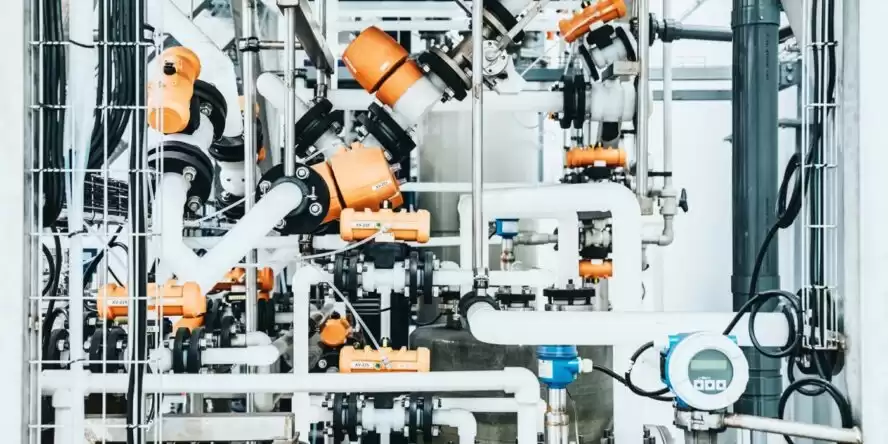Nexeon to Establish Anode Materials Plant in South Korea
UK-based Nexeon has chosen South Korea as the location for its first commercial production facility for silicon anode materials. The plant will be constructed in Gunsan and is expected to begin production in 2025. Nexeon has a supply agreement with South Korean chemical company OCI for the necessary raw materials. The proximity of the two sites will result in cost advantages and eliminate the need for complex logistics operations. Nexeon recently secured Panasonic as its first major buyer. CEO Scott Brown said the collaboration with OCI is a significant milestone that will help scale operations.
Nexeon, a UK-based company specializing in the development of silicon-based anode materials for lithium-ion batteries, has recently announced the location for its first commercial production facility in Gunsan, a bustling industrial city in South Korea. This significant milestone for the company is expected to pave the way for increased production and supply of silicon anode materials, with construction set to commence this year and production scheduled to begin in 2025.
The new Nexeon plant will be strategically situated right next to a site owned by OCI, a South Korean chemical company. Nexeon has entered into a binding long-term supply agreement with OCI for the essential raw material, monosilane, which is required for the production of its silicon anode materials. To facilitate a seamless supply chain, OCI will directly supply the critical raw material to Nexeon's production line through dedicated pipelines connecting the two facilities.
While the exact production capacity has not been disclosed by Nexeon, the plant is expected to generate "tens of thousands of tons" of silicon anode material annually. This ambitious endeavor is made possible by the advantageous proximity to OCI's site, enabling Nexeon to benefit from significant cost advantages. One such advantage is the utilization of a byproduct gas generated during the production of polysilicon for semiconductors at the Gunsan plant. This innovative approach eliminates the need for complex and expensive logistics operations and equipment for the transportation of gas chemicals, further enhancing the efficiency and cost-effectiveness of Nexeon's operations.
The importance of monosilane in the production of silicon-containing anodes is further exemplified by a recent deal in Germany. Nexeon's competitor, Group14, recently acquired German company Schmid Silicon and its plant in Saxony to secure its own supply of the crucial gas. This highlights the critical role that monosilane plays in the production of high-quality silicon anode materials.
In another exciting development, Nexeon recently announced Panasonic as its first prominent buyer. Panasonic will utilize Nexeon's anode material in the production of lithium-ion batteries at its new plant in De Soto, located in the state of Kansas, starting from 2025. This collaboration with Panasonic solidifies Nexeon's position in the market and further underscores the company's commitment to delivering superior and cost-efficient silicon anode materials, which are essential for the development of more energy-dense batteries.
Scott Brown, CEO of Nexeon, expressed his enthusiasm for the collaboration with OCI, stating that it represents a significant milestone in scaling up the company's operations. With a robust supply chain in place and the partnership with Panasonic, Nexeon is one step closer to fulfilling its mission of providing the best performing and cost-efficient silicon anode materials, which are crucial for the advancement of energy storage technology. This achievement brings us closer to a future powered by more powerful and sustainable batteries, revolutionizing various industries and enabling new possibilities in the world of energy storage.











Comments on Nexeon to Establish Anode Materials Plant in South Korea